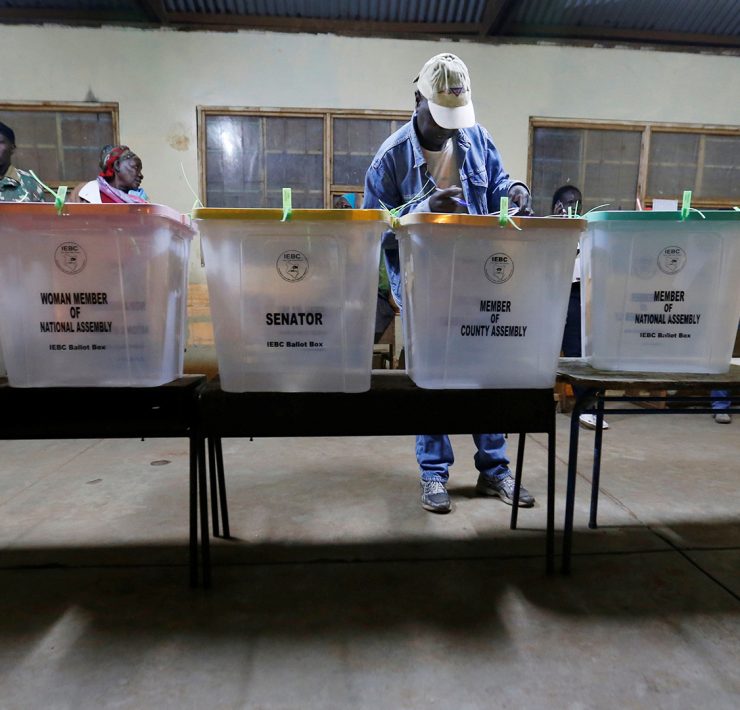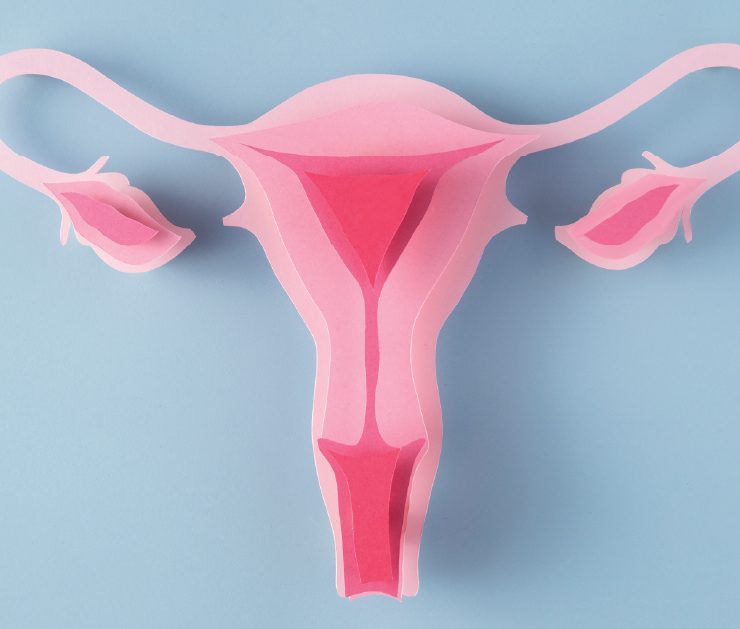A health worker receives the AstraZeneca/Oxford vaccine under the COVAX scheme against coronavirus disease (COVID-19) at the Kenyatta National Hospital in Nairobi, Kenya March 5, 2021. REUTERS/Monicah Mwangi
As the Covid-19 pandemic ravaged the world, the biggest concern was finding a possible cure or the closest to it, a vaccine. Piggybacking on existing flu vaccine technology and overlapping trials, scientists pulled off a miracle and delivered the bottled glimmer of hope, COVID-19 Vaccine. The news was received in equal jubilation worldwide, we were making steadfast steps to managing, if not beating, the pandemic.
According to the Our World in Data project at the University of Oxford, over 350 million people have been vaccinated worldwide. In the case of vaccines which have more than one dose, a person is considered to have been vaccinated after they receive at least one dose of a vaccine, while a fully vaccinated person is one who receives all required doses of a vaccine.
Recording over 100,000 confirmed COVID-19 cases since March 2020, Kenya received its first batch of vaccines, 1.25 million doses, on 3 March 2021. The vaccines were availed under the auspices of the COVAX program, facilitated by the World Health Organization (WHO). COVAX is the vaccines pillar of the Access to COVID-19 Tools (ACT) Accelerator that was convened in April 2020 by the Coalition for Epidemic Preparedness Innovations (CEPI); WHO and Gavi, the Vaccine Alliance. Gavi, the Vaccine Alliance brings together public and private sectors with the shared goal of creating equal access to vaccines for children living in the world’s poorest countries.
The COVID-19 Vaccines Global Access (COVAX) Facility is the only global co-operative solution for COVID-19 vaccine procurement and equitable distribution.The only other time systematic vaccination on a worldwide scale has been a practical possibility was during the smallpox pandemic, an exercise that was led by WHO.
Like most countries that have received the vaccines, Kenya’s early vaccination efforts were geared towards frontline workers and priority groups like the clinically vulnerable. However, as Kenya marked its first year of Covid-19 on 13 March 2021, the Ministry of Health reported that only 9,144 of the frontline workers had been vaccinated. With the hope that the vaccine will help restore the best parts of our pre-pandemic lives as soon as possible, the numbers, if not shocking, are worrying.
COVID-19 vaccination update
A total of 9,144 frontline workers have been vaccinated in 40 Counties since the exercise was launched.
— Ministry of Health (@MOH_Kenya) March 13, 2021
As Kenya continues grappling with the third wave of Covid-19 infections, the consequences of the slow uptake of the vaccine could be dire. What’s more, the AstraZeneca vaccine from the Serum Institute of India has a six-month expiry period, a pretty limited shelf life whose justification by scientists is that there has not been enough data to work with since the vaccine has only been in existence for six months. This potentially means that if Kenya does not utilize the available doses within the stipulated time frame, the doses will go to waste.
Vaccine hesitancy, characterised by uncertainty and ambivalence about vaccination, is not a new phenomenon to Kenya. For years, Kenyans have been apprehensive about vaccines, such as the rollout of the human papillomavirus (HPV) vaccine and tetanus which received backlash from the Catholic Church fraternity. The reasons for vaccine opposition being manifold, among them a lack of trust in vaccines and their purveyors, religious acceptability and concerns about long-term side effects, alongside a general timidity rooted in the failure or lack of adequate public health education.
It is noteworthy that vaccine-hesitant individuals aren’t necessarily anti-vaccine, but most have a wait-and-see attitude which will undermine the Covid-19 vaccination exercise and hinder efforts to bring the coronavirus pandemic under control.
The choice between a deadly virus and a shot in the arm might seem like the easiest decision in the world, but misinformation, poor reporting, and misleading headlines can quickly instill fear. Reports of several European countries halting the Astrazeneca vaccines for claims of blood clot-related side effects have not made the situation any better, despite the WHO and the European Medicines Agency (EMA) saying there is no evidence the vaccine causes blood clots. Crisis breeds conspiracies and if not well managed could easily manifest into a public health catastrophe.
More subtly, the failure of leaders to get vaccinated has further fuelled the skepticism among Kenyans. Even though Kenyan leaders are not known as ones to instill confidence, their silence and inaction is questionable. The timing couldn’t be more ideal for better national messaging on how vaccines could change lives could go a long way in assuaging vaccines’ doubts.







